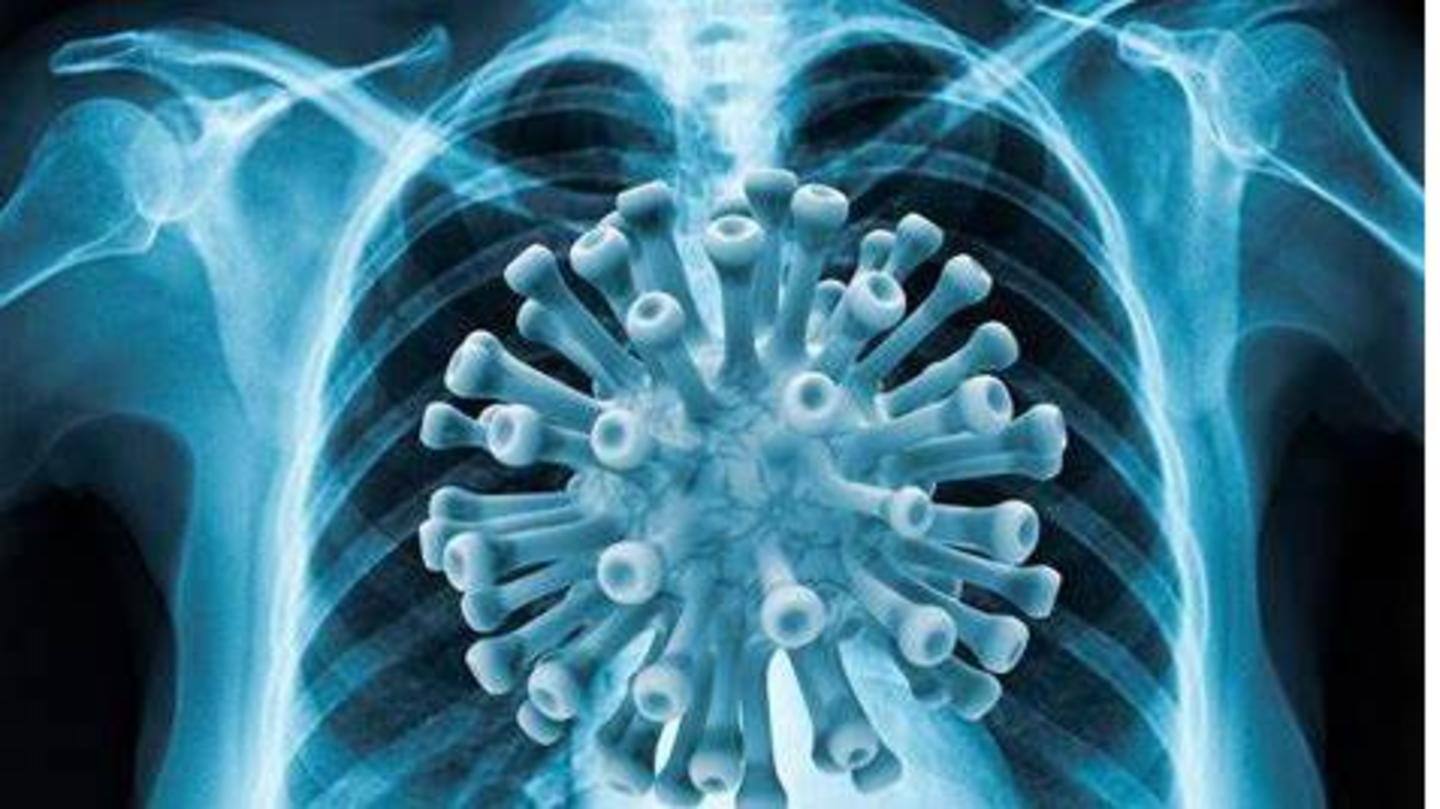
COVID-19 may cause long-term lung damage: Study
What's the story
Scientists have identified persistent damage in the lungs of COVID-19 patients at least three months after they were discharged from the hospital, and for some patients even longer.
This damage was not detected by routine CT scans and clinical tests, and the patients would consequently be told their lungs are normal, according to researchers at the University of Sheffield and the University of Oxford.
Information
Patients who experience long-term breathlessness may have similar damage
The study, published in the Journal of Radiology, also shows that the patients who are not hospitalized with COVID-19 but who experience long-term breathlessness may have similar damage in their lungs. However, the researchers said that a larger study is needed to confirm this.
Details
Lung abnormalities were found through XeMRI scans
The researchers noted that the hyperpolarized xenon MRI (XeMRI) scans had found abnormalities in the lungs of some COVID-19 patients more than three months—and in some cases, nine months after leaving the hospital when other clinical measurements were normal.
"The findings of the study are very interesting," said Professor Jim Wild from the University of Sheffield.
XeMRI scans
Lungs of such patients often look normal in CT scans
The 129Xe MRI is pinpointing the parts of the lung where the physiology of oxygen uptake is impaired due to long-standing COVID-19 effects on the lungs, even though they often look normal on CT scans.
"Many COVID-19 patients are still experiencing breathlessness several months after being discharged from hospital," said Professor Fergus Gleeson, the study's Principal Investigator at the University of Oxford.
COVID-19 patients
Researchers are now testing people attending Long COVID-19 clinics
"Our follow-up scans using hyperpolarized xenon MRI have found that abnormalities not normally visible on regular scans are indeed present, and these abnormalities are preventing oxygen getting into the bloodstream as it should in all parts of the lungs," Gleeson said.
The researchers have now begun testing patients who were not hospitalized with COVID-19 but who have been attending Long COVID-19 clinics.
Study
Larger study needed to identify how common the problem is
"Although we are currently only talking about early findings, the XeMRI scans of non-hospitalized patients who are breathless— and 70 percent of our local patients with Long COVID-19 effects do experience breathlessness—may have similar abnormalities in their lungs," Gleeson explained.
"We need a larger study to identify how common this is and how long it will take to get better," he added.